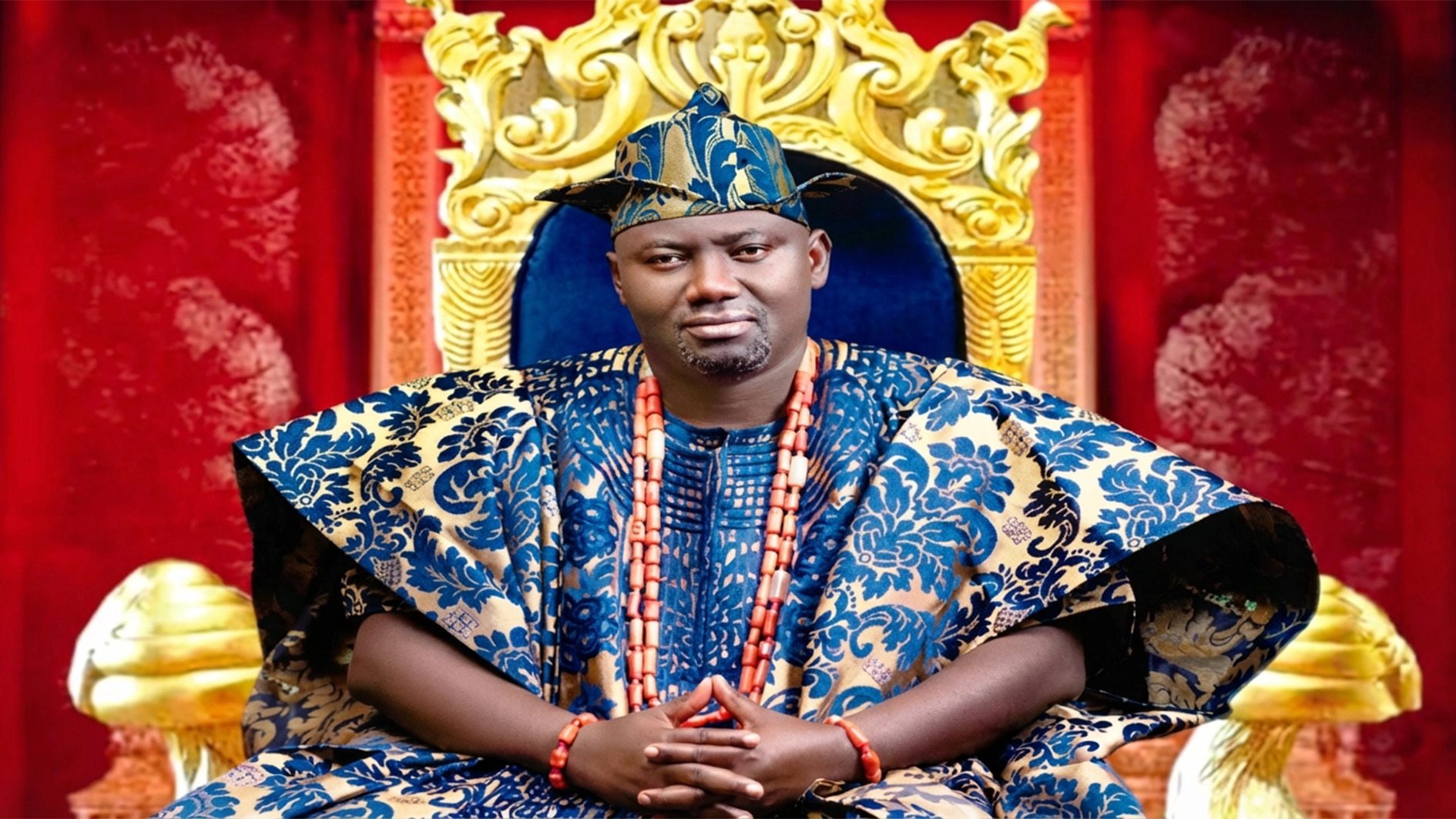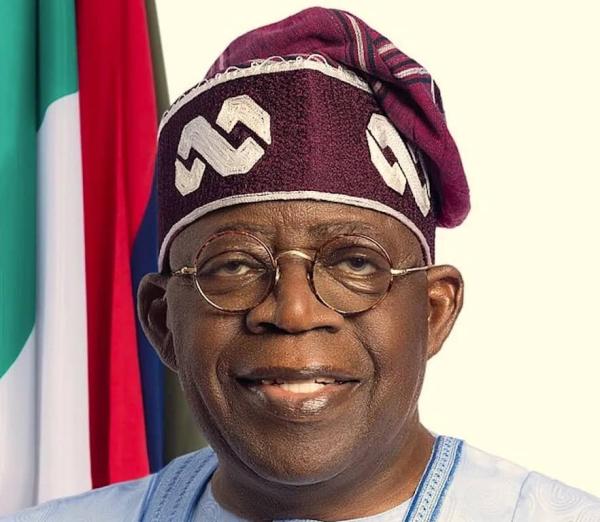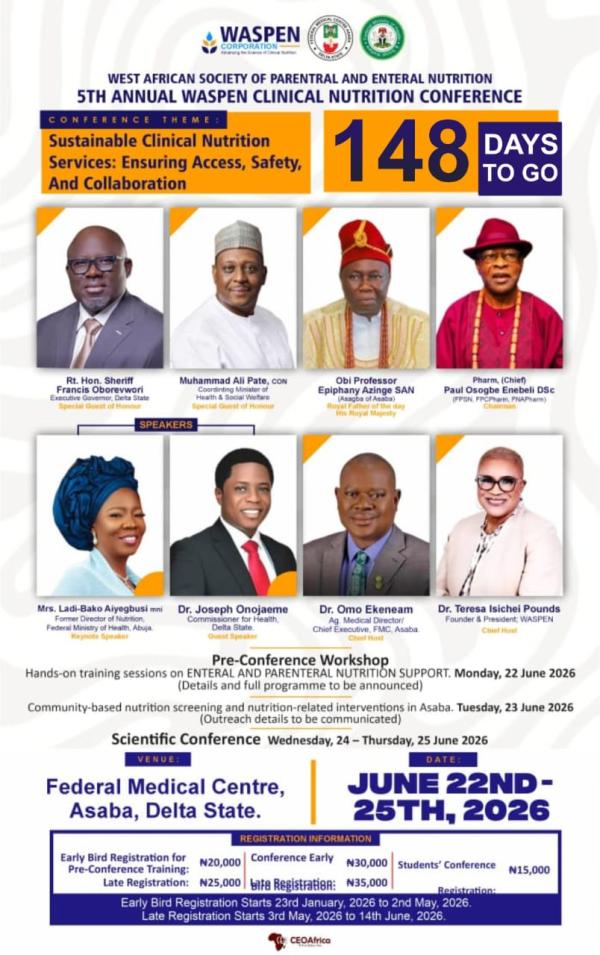
Is the Catholic Church about to radically change its position on marriage and divorce that it has held for ages?
This is the question on the lips of many Catholics as the Synod on Divorce and Marriage ends tomorrow (Saturday) at the Vatican after three weeks of intense debate.
With the theme, The Vocation and Mission of The Family in the Church and Contemporary World, the synod opened on October 4 and Pope Francis has been attending regularly.
Observers say Pope Francis appears increasingly likely to shrug off conservative pressure and recommend that the Church handles the divorced, separated and the remarried on a case-by-case basis.
The conservative camp has complained that the synod’s procedures on the stance that the Church should adopt towards homosexuals and divorced couples were, “designed to facilitate predetermined results”.
The 78-year-old Pope has acknowledged the bickering and told delegates that the meeting should see “lay people, pastors and the Bishop of Rome (the Universal Shepherd of the Catholic Church) walk together”.
The Pope is yet to indicate whether the final document by the synod will be published immediately, and his unwillingness to be drawn on what changes, if any, he thinks should be made to the Church’s teachings has ruffled feathers.
Observers have hinted at the line the Pope is likely to take.
OPEN TO ALL
The idea emerging is for those currently excluded from the Church’s sacraments to be dealt with on a case-by-case basis by their local bishops.
Opening the synod, Pope Francis insisted that the Church must have its doors open to welcome all those who knock, and must not, “point the finger of judgment” at others.
The church, he said, was not a “museum to keep or preserve”. It is a place where the holy people of God move forward.
The sound bite on the issue is Pope Francis’ own views recently about gays and homosexuals, when he made the following statement: “Who am I to judge”.
Is this position likely to feature when he makes a decision on how to treat people who are divorced, separated or even remarried?
Will they be accommodated by the Church and allowed to partake and participate in the sacraments?
The Catholic Doctrine on matrimony is that there is no divorce.
Once constituted and contracted, a couple joined together in holy matrimony remains so until “death do us part”.
But this is not the reality on the ground, and the Pope has found it necessary to call the Bishops Synod to debate this matter and come up with a position moving forward.
According to the synodal document prepared in the preparatory sessions of the synod, the Christian marriage is a vocation that is undertaken with due preparation in a journey of faith with a proper process of discernment, and is not to be considered only as a a cultural tradition or social or legal requirement.
CHURCH REFORMS
The fact of the matter is that once divorced, a person can never be allowed to receive holy communion.
That person cannot be allowed to hold any leadership position in the Church, not even in the parish choir.
That person becomes ostracised, discriminated, hated, cut off from the rest of the “perfect” Christians, and is almost excommunicated.
Pope Francis is pushing for reforms in the Church amid resistance from conservative clerics fearful of a dilution of the long-cherished doctrine on the sanctity of marriage.
Although ultimately the Pope will decide himself if there is any substantial shift in how the Church relates to gay, divorced, separated and cohabiting believers, most observers say the mood and balance of opinion within the synod is likely to influence what the Pope does in the months after it concludes.
This is not going to be easy, given that there are about 360 participants who include cardinals, archbishops, bishops, priests and lay men and women who are experts on family matters.
They are from all continents of the world with different cultural norms and realities on the ground.
Some bishops, especially from European nations and some American dioceses, have already taken a position and allowed divorced and remarried people to receive Holy Communion.
At the synod, the Pope found it necessary to define what is genuine marriage and restate the position of the Church that matrimony is between a man and a woman.
This leaves no doubt about the position of the Church as far as same-sex marriage is concerned.
The Pope also spoke about the indissolubility of marriage.
BIBLICAL STAND
He delivered a homily on solitude and love between man and woman, and the family. He quoted the book of Genesis, where marriage is ordained and created by God Himself.
“This is God’s dream for His beloved creation: to see it fulfilled in the loving union between a man and a woman, rejoicing in their shared journey, fruitful in their mutual gift of self”.
“God,” the Pope said, “joins the hearts of two people who love one another (and) joins them together in unity and indissolubility”.
But the Pope also agrees that for some reasons, such married couples may never continue to live together for ever.
For these reasons, only two months ago, the Pope made it easier for couples intending to separate, by reducing the stringent rules and requirements that may apply in the event that they decide to go that route.
He granted local Ordinaries the powers to annul a marriage, once proven that the said couple was never agreeable at the time of contracting the marriage.
The Pope stated that there is a need to make the procedure of nullity more affordable, accessible and less time consuming.
In the past, if and when a couple was to request for the annulment of their marriage, they had to apply to The Vatican for a tribunal to be constituted.
Such a tribunal had to be granted the terms of reference by the local bishop, and the assent had to be granted by the Vatican. Such a process would last more than 10 years.
Only the Pope can annul a sacrament.
Such was the case for Mr George Mwicigi who remains the only Kenyan to have gone public about his marriage which was annulled by Pope John Paul II in 1980.
MWICIGI FAVOURED
The former Kandara MP applied to The Vatican to have his first marriage annulled and that be allowed to wed again in the Church.
The application was taken to Rome and a tribunal was set up to investigate and study his grounds for the annulment.
A local tribunal was also constituted by the then Bishop of Nyeri, Ceaser Maria Gatimu.
It took about 10 years for The Vatican to eventually annul the marriage, and allow Mr Mwicigi to wed again.
The wedding was held at the Holy Family Basilica and was conducted by the Archbishop John Njenga of Mombasa.
The matter raised murmurs as people were asking why and how somebody can be allowed to wed twice in the Catholic Church.
Others said the Church favoured Mr Mwicigi because he was a prominent politician, and a rich one at that.
The murmurs compelled Archbishop Njenga to appear on national television to explain exactly what had happened.






















